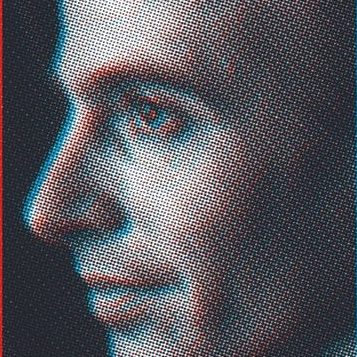Already there are reports that Zimbabwe, for example, is turning to Chinese firms to implement nationwide facial-recognition and surveillance programs, wrapped into China’s infrastructure investments and a larger set of security agreements as well, including for policing online communication. The acquisition of black African faces will help China’s tech sector improve its overall data set.
Malaysia, too, announced new partnerships this spring with China to equip police with wearable facial-recognition cameras. There are quiet reports of Arab Gulf countries turning to China not just for the drone technologies America has denied but also for the authoritarian suite of surveillance, recognition, and data tools perfected in China’s provinces. In a recent article on Egypt’s military-led efforts to build a new capital city beyond Cairo’s chaos and revolutionary squares, a retired general acting as project spokesman declared, “a smart city means a safe city, with cameras and sensors everywhere. There will be a command center to control the entire city.” Who is financing construction? China.
While many governments are making attempts to secure this information, there have been several alarming stories of data leaks. Moreover, these national identifiers create an unprecedented opportunity for state surveillance at scale. What about collecting biometric information in nondemocratic regimes? In 2016, the personal details of nearly 50 million people in Turkey were leaked….
China and other determined authoritarian states may prove undeterrable in their zeal to adopt repressive technologies. A more realistic goal, as Georgetown University scholar Nicholas Wright has argued, is to sway countries on the fence by pointing out the reputational costs of repression and supporting those who are advocating for civil liberties in this domain within their own countries. Democracy promoters (which we hope will one day again include the White House) will also want to recognize the coming changes to the authoritarian public sphere. They can start now in helping vulnerable populations and civil society to gain greater technological literacy to advocate for their rights in new domains. It is not too early for governments and civil society groups alike to study what technological and tactical countermeasures exist to circumvent and disrupt new authoritarian tools.
Seven years ago, techno-optimists expressed hope that a wave of new digital tools for social networking and self-expression could help young people in the Middle East and elsewhere to find their voices. Today, a new wave of Chinese-led technological advances threatens to blossom into what we consider an “Arab spring in reverse”—in which the next digital wave shifts the pendulum back, enabling state domination and repression at a staggering scale and algorithmic effectiveness.
Americans are absolutely right to be urgently focused on countering Russian weaponized hacking and leaking as its primary beneficiary sits in the Oval Office. But we also need to be more proactive in countering the tools of algorithmic authoritarianism that will shape the worldwide future of individual freedom….(More)”.

